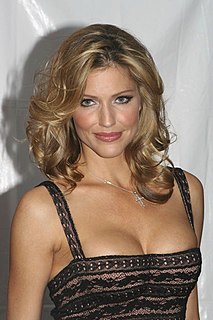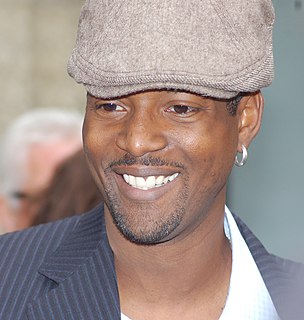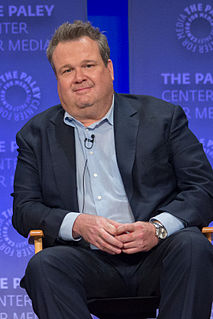A Quote by Robert Klein
I love live theater. I get my rocks off by doing stand-up, and I am the only actor. But to show up eight times a week and not have that time for myself; to do someone else's lines? When I work for Wendy Wasserstein or Terrence McNally, Neil Simon or even Shakespeare, I do not have the right to change the lines.
Related Quotes
Many movie stars or American Idol contestants sort of fall into theater... and say, 'Oh, yeah, I would love to do theater.' And then they get here and say, 'Oh, wait a minute, this actually is a craft!' It's not just show up one day and do it. It's show up eight times a week, twice on Wednesdays and twice on Saturdays.
I like doing voiceover work. I just like it in general, because you're constantly working on a very first-instinct level. You show up, you get in front of the microphone, you look at the lines, you say the lines, and then you move on. You work on a really primal level, is what I'm saying. You don't have to shave. You don't even have to wear pants. But, uh, that wasn't your question.
People sometimes say, "Isn't it boring, isn't it always the same? It's the same lines." I go, "Well, do you play tennis? Because that's the best analogy I can give." If you go out eight times and play tennis eight times this week, yeah it's the same rules but it's a different game every time you're out on that court.And that's the best analogy I can come up with the theater.
Most of the time, with voice-overs, you're recording before they've got the graphics, and you also don't get a whole script. I get my lines, as I show up that day. You don't know what the rest of the story is, so you really rely on the people in the room that you're working with, so they can fill you in on what's going on, right around your particular lines.
A good writer - and I think it's this way with actors too - even if you have two lines, you have to do the same complete work as if you're number one on the call sheet. If you get in an elevator and somebody gets on, rides two floors and gets off, that person has a reality that goes back to when they were born. They have memories, they have people, they have a life. They are doing something right now that the camera is on them in their space. We live in our own close-up all the time.
I memorize my lines and I show up. I think it's just instinctual, and sometimes it's wrong and the director says, "No, do it this way." And then I can change, because I didn't spend all night practicing it this one way. All I do to get ready for the day is the night before, I read my lines once or twice, memorize them, and then I show up.































